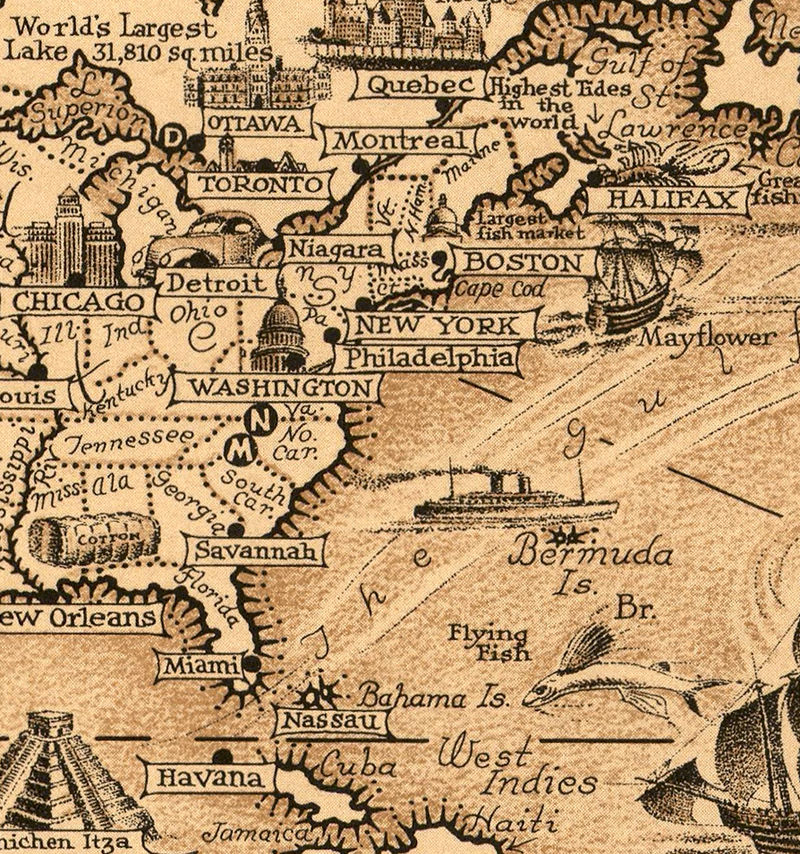Just finished reading and recording Alexander Shield’s Church Communion Inquired Into (1706). Listen to it here, or read it below. This treatise is such a highwater-mark of classic Presbyterianism, with particular focus on the visible unity of the Church of Christ. It was his heartfelt, pastoral appeal to his brethren who refused to enter the Revolution Church of 1690 on account of its putative corruptions, urging them to reconsider their separation. It is not the easiest of reads, for sure, as it was written in the midst of controversy, among other things. But it is a definitive work on Presbyterian catholicity, right after James Durham’s On Scandal. Here is a very moving appeal from his conclusion:
“Keep your Zeal lively against all sin, but let it have two edges, to resent the Dishonour done to God, by Schism as well as defection; let it be Ballanced with Charity, and managed with Discretion. And we request you, that you study Uniformity in your Zeal, that you be not like Cake unturned, hot for some lesser Points in Religion, and cold for other Duties, but with a regular Proportion to their Concern in the Vitals of Religion. Let Religion be more in your Heart than Head, in Practice than in Controversie. Neglect not the Duties of your General Calling of Piety towards God, Sobriety in your selves, Righteousness and Mercy to Men, Brotherly Love, and Holy Christian Fellowship; And forget not the relative Duties of your particular Callings. Have a care of the Idleness of busy Bodies. 1 Thess. 4.11. But study to be quiet, and do your own business, and to work with your own hands. Beware of them that cause Divisions and Offenses, and avoid them. And look on them that blow the Bellows of Contention as no Friends to your or the Church’s Interest. Finally, study to be United one with another, and with your Pastors make Acquaintance, and entertain frequent and Friendly Converse with them, receive the Law at their Mouth, for they are the Messengers of the Lord of Hosts: Grieve them not by your Contempt, or continued Withdrawing, lest they be put to Complain of you to God, and it become Sin unto you.”
Here is a summary of the author by Matthew Vogan: “Alexander Shields (1660?–1700) is less well known than other field preachers such as Donald Cargill, Richard Cameron, and James Renwick. One of the last of the field preachers and a close associate of James Renwick, he was also a prisoner on the Bass Rock. He was a prolific writer and ably defended the Covenanter principles in the classic book A Hind Let Loose. After the Revolution of 1689, he was chaplain to the Cameronian regiment fighting against France in defence of Holland and the Protestant cause. In 1699, he was also among the first foreign missionaries of the Church of Scotland in the infamous Darien venture to what is now known as Panama. He died and was buried in Jamaica in 1700 at the age of forty. John Macleod well describes him as ‘one of the most striking figures of his epoch’. The life of this zealous young man is uniquely interesting and instructive.” Learn more about Shields and this treatise in Vogan’s two-part article, “Alexander Shields, the Revolution Settlement and the Unity of the Visible Church” (2013).
Listen to other titles at WPE Audio
Read Full Post »









